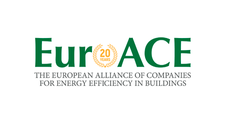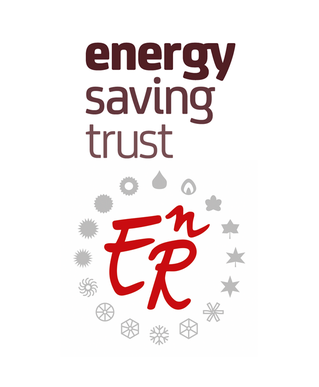Search eceee proceedings
How earthquakes shook up Dutch energy policy: an overview on who should do what, when and how to renovate 99% of all Dutch houses in the next 30 years
Panel: 7. Make buildings policies great again
This is a peer-reviewed paper.
Authors:
Casper Tigchelaar, ECN part of TNO - Energy Transtion Studies, The Netherlands
Renee Kooger, ECN part of TNO, The Netherlands
Margriet van Lidth de Jeude, ECN part of TNO, The Netherlands
Nicole de Koning, ECN part of TNO, The Netherlands
Robin Niessink, ECN part of TNO, The Netherlands
Geerte Paradies, ECN part of TNO, The Netherlands
Abstract
The energy policy of the Netherlands has made a dramatic shift in the last years. The province of Groningen suffers from earthquakes, caused by decades of gas extraction. As a response, the National government reduced onshore gas extraction with over fifty percent already and decided it should be terminated completely before 2030. The biggest industrial gas consumers are forced to change to alternatives. But the most ambitious target of all is to completely replace the use of natural gas for renewable energy in residential and non-residential buildings in the next three decades, leading to zero emissions in 2050 in the built environment.
In 2015, in the Netherlands 87 percent of all houses are heated with individual gas fired central heating systems. Also 12 percent was heated with gas fired collective heating systems. That means that all but one percent of all houses in the Netherlands will be affected by this shift in policy. On average a thousand houses should be transformed and renovated every day, many of them on a large scale, for the next thirty years.
Although almost 30% of the Dutch housing stock is owned by housing associations, most houses have to be renovated by individual homeowners. Dutch houses have been made more energy efficient gradually in the last decades. Now policy must switch from supporting minor renovation to facilitate major renovations in order to replace natural gas for alternative renewable energy sources.
In this paper we will discuss the scale of the task ahead. The authors of the paper are involved in the ex-ante evaluation of the Dutch Climate agreement, to be signed in December 2018. This agreement will contain specific measures to facilitate the transition of the Dutch built environment. In this paper we will discuss the natural gas free concepts that are being discussed, the supporting policies as well as the costs and benefits both for society as a whole and for individual households.
Since it will be their houses that must be changed, individual homeowners and landlords are the key stakeholders in this process. All effort should be aimed at supporting them. In this paper we present the outcomes of a one year study that answers the wide-ranging question: Who should do what, when and how to renovate 99% of all Dutch buildings in the next 30 years?
Downloads
Download this presentation as pdf: 7-062-19_Tigchelaar_Presentation.pdf
Download this paper as pdf: 7-062-19_Tigchelaar.pdf
Panels of
1. The dynamics of limiting (energy) consumption
2. What's next in energy policy?
4. Monitoring and evaluation for greater impact
5. Smart and sustainable communities
7. Make buildings policies great again
8. Buildings: technologies and systems beyond energy efficiency
9. Improving energy efficiency in ICT, appliances and products

























